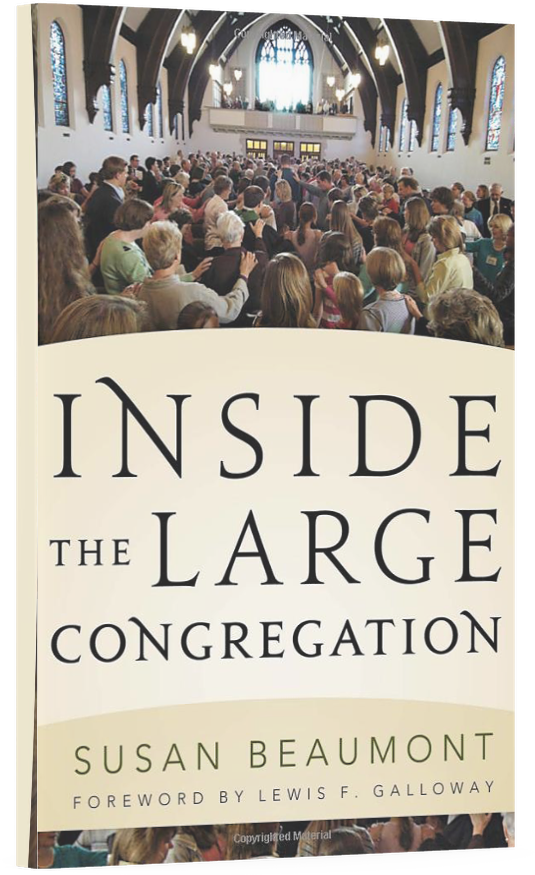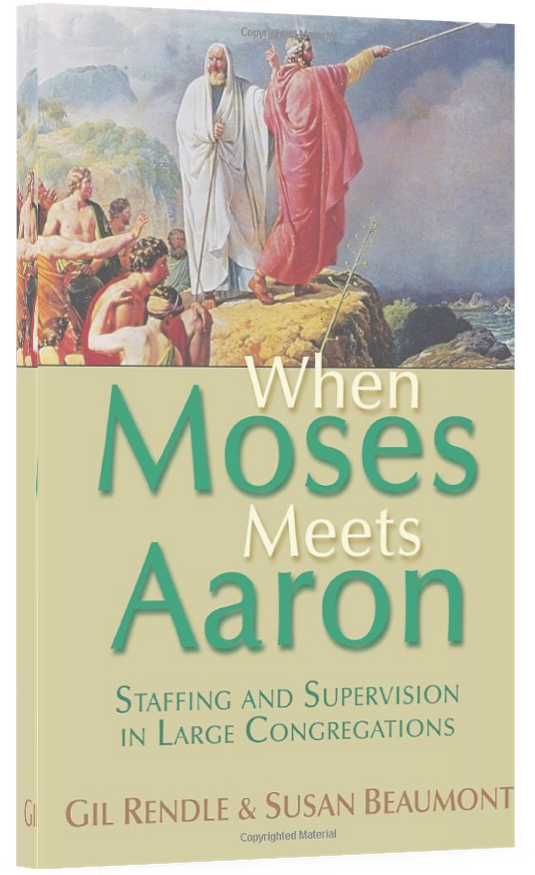We have been reactive. How else can one be during a pandemic? The opinions of outside experts have guided our actions since this all began, and their positions change daily. When to close, how to take church online, protocols to follow before opening. Now, things are slowing down a bit and it is time to become more reflective—tapping into our own wisdom and exploring the potent learning opportunities at hand. The shift begins by asking better questions.
Liminal seasons are rich times, ripe for innovation and creativity. A threshold has opened. Our grasp on the past has loosened. The threshold invites us to let go of our fears and discomforts, along with some things that we hold dear. We are broken open to embrace new possibilities.
Moving from reactivity to reflection calls for three kinds of work: acknowledging our losses, exploring unstated assumptions, and noticing what wants to emerge. Good questions will create a holding space for this transformational work.
I have adapted the following ten reflective questions from “Strategies for Winter: Redemptive Leadership in Survival Times,” published in Praxis. I recommend that you find a quiet space to sit, read each of these questions, and journal your responses. Then take the questions to your leadership teams and bring them in on the learning.
What Have We Lost?
All significant transitions begin with an ending. Something must come to an end before we can explore a new beginning. Most of us resist endings, accompanied as they are by loss. We gloss over the painful work of grief to move onto action, which feels more productive.
Every leader I have spoken with in recent weeks has a personal story of loss to share about their journey through the pandemic. There are the immediately evident losses associated with sickness and unattended deaths. Then, there are the more subtle, but still painful losses associated with plans abandoned, dreams deferred, and the loss of control over our destiny.
- What were we on the verge of discovering or accomplishing before the onset of the pandemic? What needs to move forward in different ways now?
- What was possible before that may not be possible for some time—if ever?
- What seemed important before that feels superfluous now?
Perhaps you were on the verge of launching a new strategic plan, an organizational restructuring, or a capital campaign. Honor the effort and energy that it took to bring your project to fruition. Now, acknowledge that this is something that no longer matters, at least not in the same way. The loss is real.
On the flip side, some of our losses are freeing. The definition of “membership” which absorbed so much energy in recent years is suddenly not relevant in the same way. Someone new to the congregation stumbles upon us online through a guided prayer meditation offered by our associate pastor. They have attached themselves to us, albeit in a limited way. How will we talk about and nurture that attachment? It is a new and refreshing conversation.
What Did We Assume?
When making decisions, most of us are aware of what we do and what others do. We are also aware of how we do things, the processes that we follow when we act. Most of us are less aware of why we do what we do—the unstated assumptions that undergird our choices.
In a liminal season, many of our old assumptions no longer hold true. If we do not acknowledge the truth of this, we will make decisions that are inappropriate for the next season. We need good questions to unfreeze some of our old assumptions and expand our consciousness.
- What was undervalued before that may hold greater value now?
- What mattered about geography before that no longer matters?
- What margin or lack of margin was built into our old model of doing church? What new abundance are we experiencing now? Where are we experiencing scarcity now that was not evident before?
In a recent conversation, one pastor bemoaned the fact that her staff team has one full time equivalent staff to attend the needs of every eight young people in the church. Perhaps that structure made sense when the church pursued excellence through programming. Maybe it never really made sense.
However, this same pastor noted that the audio-visual technical work that makes online worship possible is carried out by a volunteer—the youth director’s husband. If that volunteer takes a vacation this summer, worship will not happen. Needs and priorities are shifting. Values and assets are not the same as they were just a few months ago.
What Wants to Emerge?
In liminal organizations, a new status quo emerges naturally over time as groups interact under conditions of upheaval, disturbance, or dissonance. Eventually, new structures arise in response to a changed environment. Organizations gravitate toward order over chaos.
If we remain protective of the old status quo during the emergence process, our new order will look remarkably like the old normal—not much adaptation will occur.
When we ask better questions, we invite innovation into the new order. We can be led by the future itself into something fresh and exciting. We begin noticing what wants to emerge through us.
- What is our greatest asset now?
- What relationships will we need to build on or strengthen in the months ahead?
- What unique role might our congregation play in local, national, and even global recovery?
- What long term changes in the bigger picture would we like to be part of bringing to fruition?
These questions are not meant to be magic bullets that solve problems. The questions are merely an invitation to pay exquisite attention—to notice why we are making the choices we make, and what wants to happen next. The dialogue that these questions provoke can make the difference between merely surviving this season and thriving in the next.



